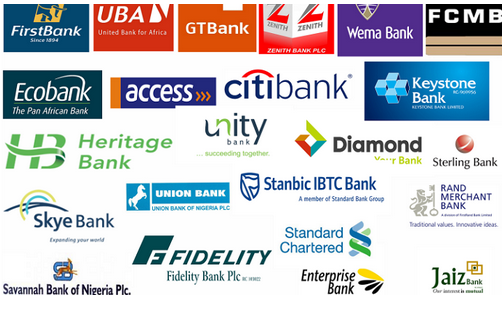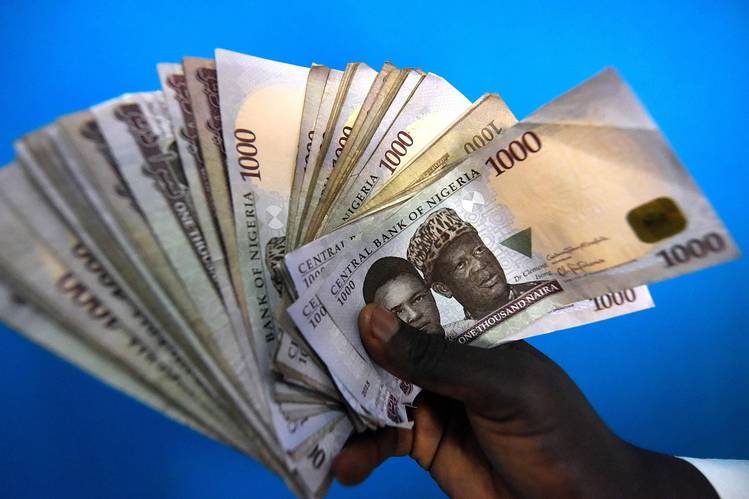
Central bank of Nigeria, Nigerian Banks, Licensed Mobil Money Operators and and Super Agents have said that over the next three years they will roll out 500,000 Shared Agent Network to accelerate Financial Inclusion in Nigeria. Body of Bank Chief Executive Officers, which made the disclosure said they aim to on board and formally bank 60 million additional Nigerians an average of 20 million a year. This is in furtherance of deepening the Financial Inclusion in the country. The Body of Bank CEOs under the leadership of Access Bank Managing Director Mr. Herbert Wigwe at a press conference in Lagos unveiled the bid to deepen Financial inclusion in Nigeria.
In the new initiative sponsored by the CBN, Bankers Committee, Mobil Money Operators and Super Agent have committed themselves to enrol 40 million additional Nigerians into the Bank Verification Number BVN. Unveiling the plan at the Bankers Hours in Victoria Island Lagos, Wigwe said that the banks have taken into cognisance the existing factors inhibiting financial inclusion in Nigeria which according to him include, limited financial services touch points, limited customer education and awareness, unemployment and poverty levels in the country. Banks in the country he said intends to achieve 80 per cent financial includes by 2020, simplified the know your customer guideline, put in place scalable robot platform, shared agent network and embark on customer education.
The Bankers said that through the new initiative 500,000 stared agent network will be in place by December 2019. The programme entails the roll out of 500,000financial agent outlets by licensed super agents and mobile money operators to deepen financial inclusion. Each outlet will provide basic financial services such as account opening, BVN enrolment, cash deposit, cash withdrawals, fund transfer and bills payment. It is expected that selects operators will roll out beginning from Northern Nigeria geo-political zones and migrants southwards.
Nwigwe said that the approved CBN-Bankers Committee roll out ratio are North East 30 per cent; North West 30 per cent; North Central 20 per cent; South-South 7.5 per cent; South East 7.5 per cent and South West 5 per cent. Going by the roll out plan, the six states in the North East with 113 local governments will have 74,580 agents. North Central with seven states and 118 local governs will have 77,880 agents. The roll out plan also indicate that North West with seven states and 186 local govern counties will have 122,760 slots of agents.
According to the roll out plan South South geo political zone with six states and 125 local governments will have 82,500 agents operating in the zone. South East on the other hand with five states and 101 local government council is to have in the zone 62,700 while South West with six states and 137 local govern councils will have operating in the zone 90,420 agents. On the whole in the 772 local council across the country, 510, 840 Shared Agents will be established to provide banking services to the unbanked Nigerians.
According to the plan, the Central Bank of Nigeria is to play a significant roll toward the success of the roll out. The apex bank is expected to facilitate the channelling of government intervention and similar payments through the shared agent network; review guidelines to achieve a commercially viable pricing model for the agent networks; obtain special concessions from state governments for common signage and collaterals to drive awareness; provide flexible regulatory framework for BVN enrolment and standardise KYC for account opening across all institutions and consider the re-instatement of the cashless policy to drive activity to the agent locations.
The Body of Bank CEOs said that the initiative will bring some relief to Nigerians such as time saving in banking transactions, build saving culture, reduce crime, provide data to build credit profiles, access to loans and improved financial access. It said that the government will benefit from savings raising from efficient government process, better data on citizens, use of such data for tax purposes, ability to stimulate economic growth among others.

